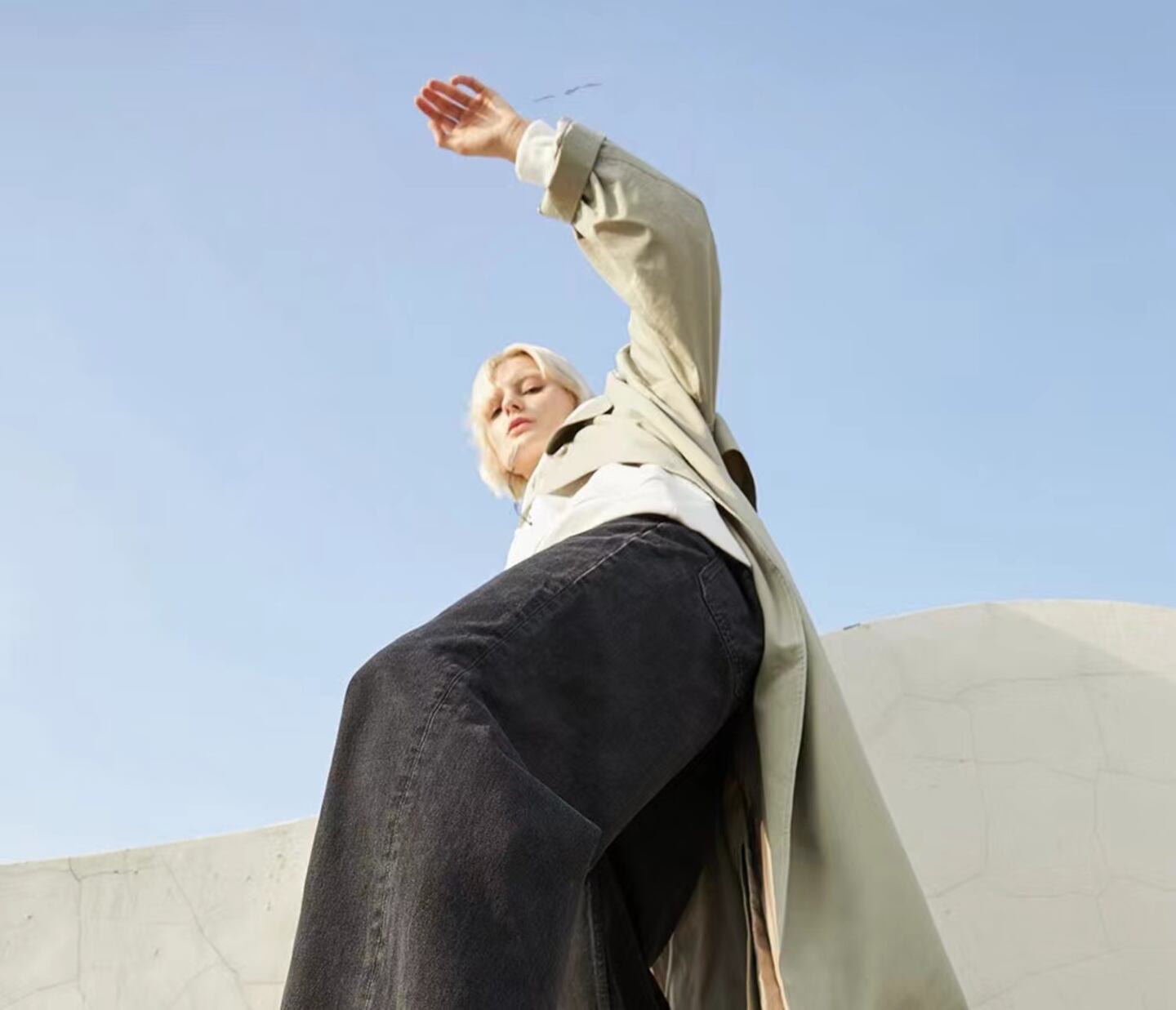
The Business of Fashion
Agenda-setting intelligence, analysis and advice for the global fashion community.

Agenda-setting intelligence, analysis and advice for the global fashion community.

The Sequoia China-backed brand, known for clothing, footwear and accessories with inbuilt sun protection, has filed to list on the Hong Kong Stock Exchange.
Founded in 2013 and initially specialising in umbrellas that filter UV rays, Bananaunder’s product range has expanded to include clothing, shoes and hats. Apparel is now its largest revenue contributor.
The Hangzhou-based company recorded sales revenue of 2.4 billion yuan ($376.77 million) last year, with a compound annual growth rate of 150.1 percent since 2019, not enough to avoid posting a net loss of 5.47 billion yuan in 2021, attributed mainly to hefty marketing outlays.
Bananaunder relies heavily on third-party e-commerce platforms for online marketing and sales, but also also opened 66 physical stores in 23 Chinese cities.
ADVERTISEMENT
Learn more:
China’s Most Bankable Makeup Artists
A rising tide of talent in the country is helping to shape a diversifying aesthetic in local fashion media, fashion week shows and advertising.
With consumers tightening their belts in China, the battle between global fast fashion brands and local high street giants has intensified.
Investors are bracing for a steep slowdown in luxury sales when luxury companies report their first quarter results, reflecting lacklustre Chinese demand.
The French beauty giant’s two latest deals are part of a wider M&A push by global players to capture a larger slice of the China market, targeting buzzy high-end brands that offer products with distinctive Chinese elements.
Post-Covid spend by US tourists in Europe has surged past 2019 levels. Chinese travellers, by contrast, have largely favoured domestic and regional destinations like Hong Kong, Singapore and Japan.